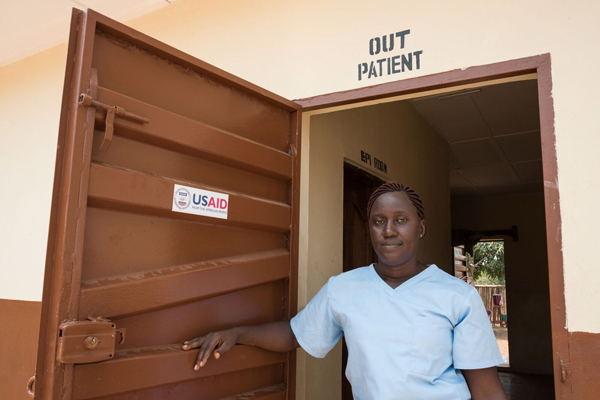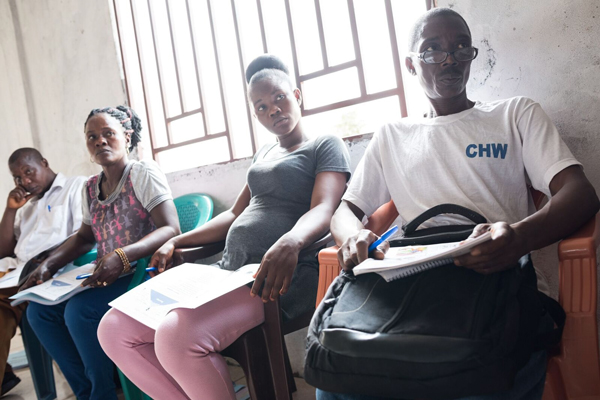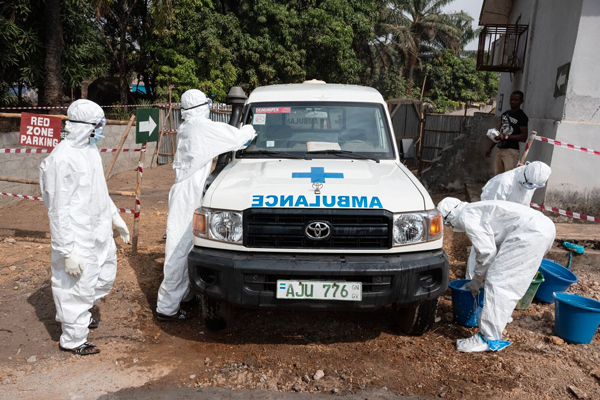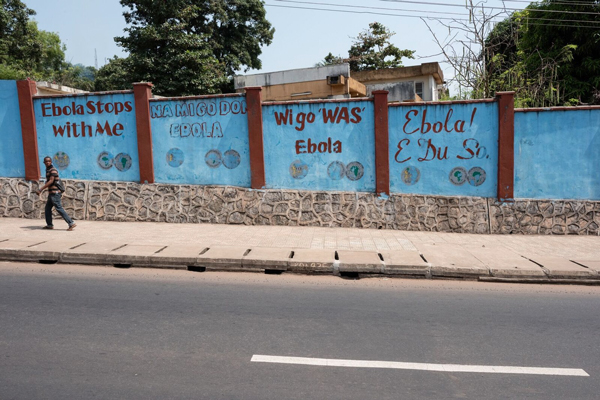In many respects, Ebola survivors are a vulnerable group. Training them to advocate for themselves can help them recover and reintegrate into their communities.
Advocacy
Priorities and Lessons Learned
The 2014-2016 Ebola epidemic primarily affected three countries, two anglophone (Liberia and Sierra Leone) and one francophone (Guinea). APC’s program succeeded in sharing documents and research findings among its three country offices and local counterparts despite the ever present language barrier. Key strategies are addressed in the document.
L'épidémie d’Ebola du 2014-2016 a affecté trois pays principaux, deux anglophones (le Libéria et le Sierra Leone) et un francophone (la Guinée). Le programme d’APC a réussi en partageant les document et les recherches parmi les trois bureaux pays et les parties prenantes locales, malgré la différence des langues. Les stratégies clées sont expliquées dans le document.
Stories and Interventions
Women leaders of survivor organizations in Guinea, Liberia, and Sierra Leone are stepping up across the region to address challenges for Ebola survivors, while promoting gender equality in their countries.
Short story of how APC helped organize the leadership of the National Ebola Survivor Network of Liberia.
Tools and Training Materials
The primary goal of these community-based trainings is to provide peer-to-peer support at the local level; they also help to build relationships within communities.
A worksheet adapted from PATH’s training entitled Stronger Health Advocates, Greater Health Impacts to help organizations determine how to define their goals and objectives.
A worksheet adapted from PATH’s training entitled Stronger Health Advocates, Greater Health Impacts to help organizations determine which activities will be most helpful to furthering their advocacy strategy.
A worksheet adapted from PATH’s training entitled Stronger Health Advocates, Greater Health Impacts with templates for developing advocacy objectives and an advocacy work plan.





